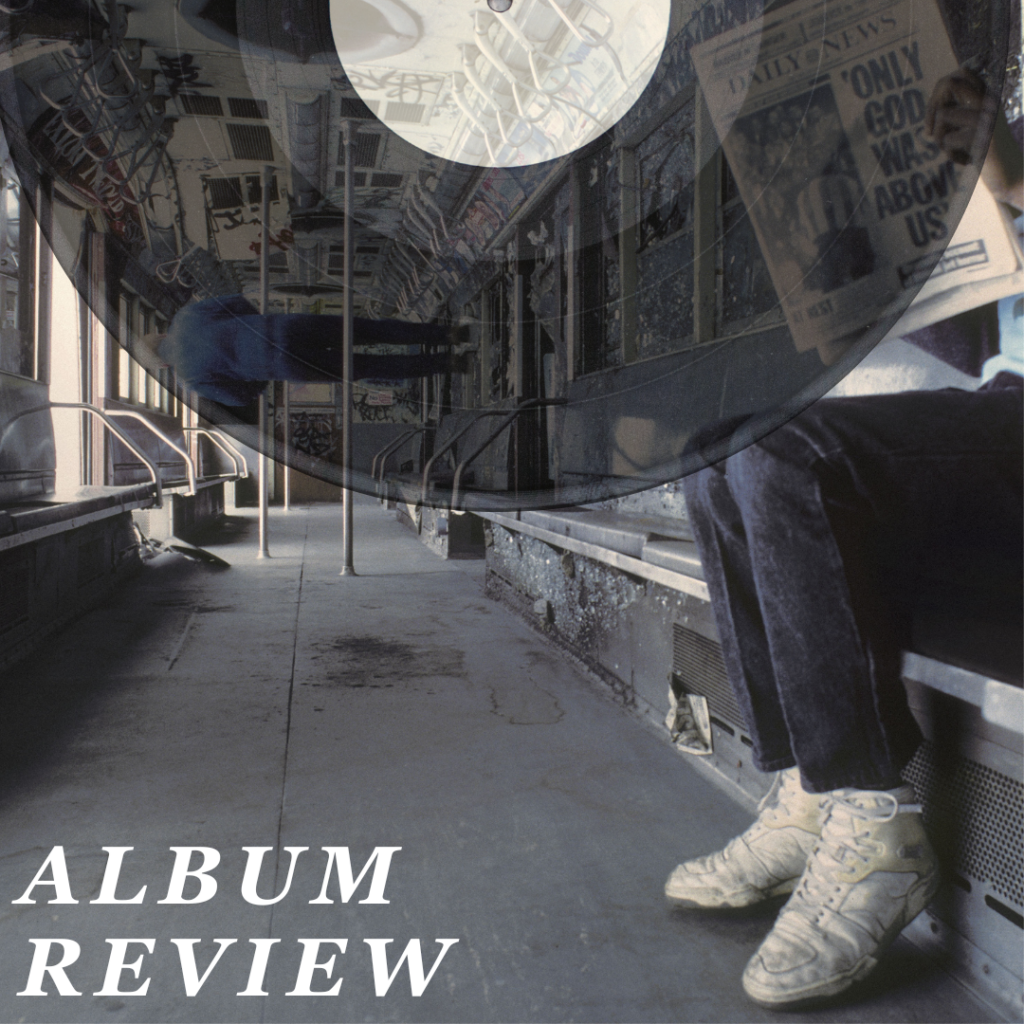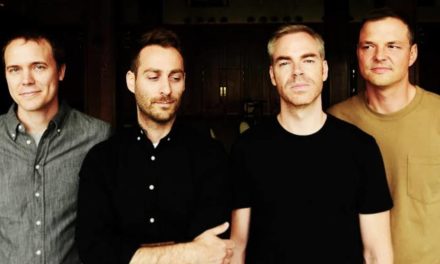
(Photo Manipulation by Alex Gerson)
Grammy Award-winning band Vampire Weekend released their fifth studio album, “Only God Was Above Us,” on April 5. The project was preceded by “Father of the Bride” (2019), the 2020 Grammy Award winner for best alternative music album. The indie-rock group has been together since 2006, even though founding member and lead producer Rostam Batmanglij left the band in 2016.
According to the band, “Only God Was Above Us” draws artistic inspiration from 20th century New York City and is musically influenced by raga, an Indian classical music tradition. The album title references a 1988 New York Daily News headline quoting a passenger of the Aloha Airlines Flight 243, in which the aircrafts’ roof was torn off in the air. The album is both sonically and lyrically complex with busy instrumentals that do the New York City theme justice.
“Only God Was Above Us” affronts the listener with a whirlwind of sound, as each song peels off into new layers before stitching them back together again. It is impossible to predict the direction any given track will take, as the band completely swaps one set of instruments for another without interrupting the song. For instance, “Connect” explodes into a flurry of piano at random intervals, bookending the synths and drum machine patterns that order the rest of the song. “Classical” takes folky guitar and blends it with noisy, distorted electric piano and sped-up drum beats.
Songs begin and end in eruptive crescendos and decrescendos, yet the body of each track is clean and palatable. The vocals are consistent and catchy, fitting neatly into the instrumental of each song but rarely becoming the focal point. Vampire Weekend cultivates a unique, complex and harmonious sound that lifts the listener into the air before inevitably crashing back toward the ground.
The lyrics of “Only God Was Above Us” are conversational, yet deeply figurative. Vampire Weekend alludes to the album’s almost over-indulgent wealth of metaphor in the third line of “Hope,” cooing “The meaning died in metaphor / I hope you let it go.”
However, the general theme of the album seems to coincide with its New York City influence. Lines such as “The moving train accelerates / It’s always fast and always late” from “Hope” emphasize the difficulty of living in a chaotic world.
The band does not stop there. They approach the concept of immemorial time, lamenting the cyclical quality of human behavior while also demonstrating a deep appreciation for each individual’s contribution to the world. In “Gen-X Cops,” they begrudgingly assert that “Each generation makes its own apology,” while in “The Surfer” they aphorize “Oh, the surfer can’t forget the shells around his neck.”
“Only God Was Above Us” is a dense album, filled to the brim with sound and content. Although the album is musically beautiful, it is thick enough to leave a listener’s head spinning after the first listen. The album is perfectly balanced and without a dull moment. The sharp shifts in energy keep the listener on their toes. Catchy guitar riffs and soothing vocals provide a great listening experience even if one opts to ignore the heavy symbolism that is prevalent in the album.
True to its inspiration, the album feels like navigating a large city through a filamentous subway network. It’s a journey, and each new image, sound or symbol only serves to remind you of your own life and to encourage you to reflect on your own experiences. “Only God Was Above Us” tackles the challenge of fitting our small lives into an endless continuum — in “Capricorn,” the band concludes that we are all just “Sifting through centuries / For moments of [our] own.”






